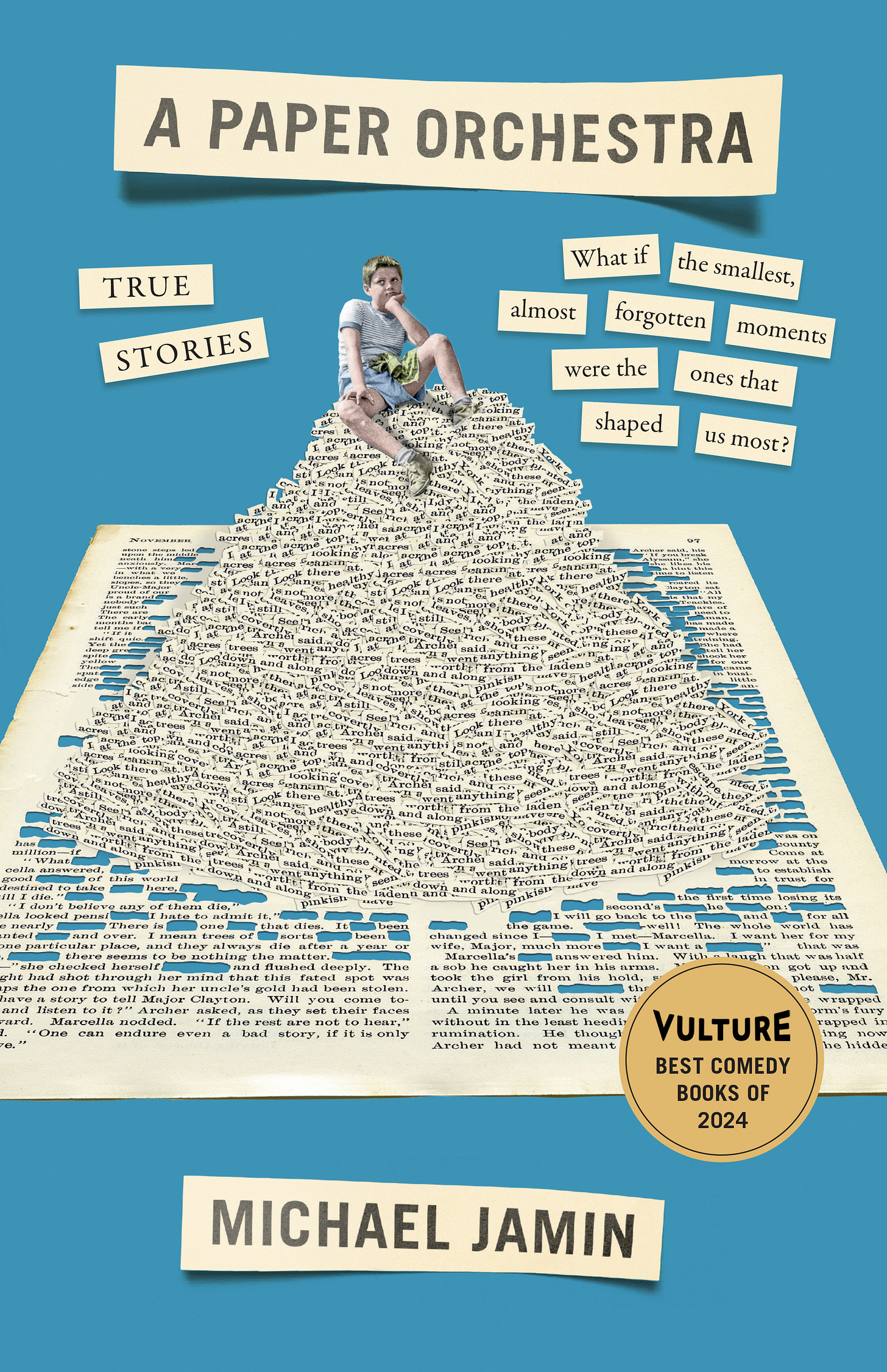A paid subscriber recently said he enjoyed my audiobook and then began watching many of the TV shows I’ve written, certain that various funny lines must’ve been mine.
Although I’d love to take credit, he’s probably wrong.
TV writing is extremely collaborative. There’s a whole staff of writers who contribute to every script.
Even if I have “written by” credit on that episode, I still have a writing partner, so at best, the odds of the line coming from me are 50-50.
Often, when we’re re-writing a script, my partner will pitch cutting a line. I’ll tell him, “No! That’s my favorite joke in the script.” And that joke will be his. I’ll fight for one of his lines.
One of the reasons why I wrote my book is because I wanted to find my voice. I longed to create something where people would know that every line and thought came from me.
This is my work. This is how I want to create art.
That meant finding my own, unique voice.
So how do you do that?
You don’t.
Your voice finds you.
And the only way to make that happen is by writing story after story after story. Eventually, you pick up on what sounds authentic to you.
You find your rhythm, your cadence, and your mannerisms.
My first collection of short stories, A Paper Orchestra, originally had 25 stories. But I noticed that tonally, the first few stories were very different from the last few. They were a little sillier and broader. My voice had changed during the course of writing the collection, and I preferred they way I wrote the later stories.
I had to go back and rewrite many of the earlier stories to match the rest. Some of the stories I completely tossed out. They just didn’t feel like they were part of the collection.
They’re well written and I like them, but will I ever release them publicly?
Probably not. Unless I make an entire collection dedicated to stories that are wackier like that.
That’s my voice. And it will likely change again with my next book. As it should. My real voice has changed throughout the years, and so will my literary voice.



